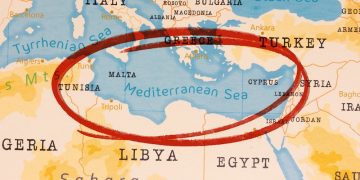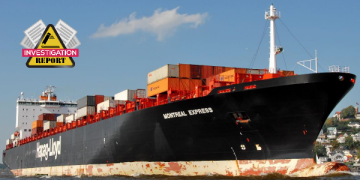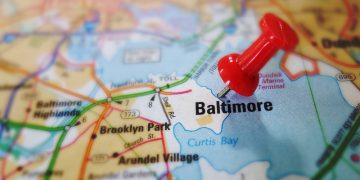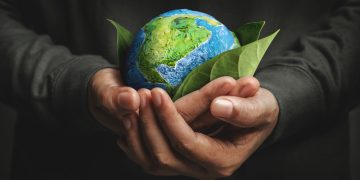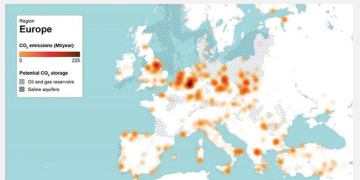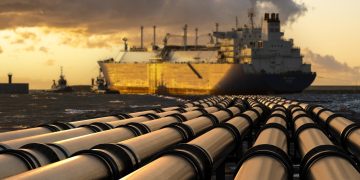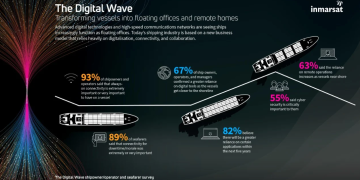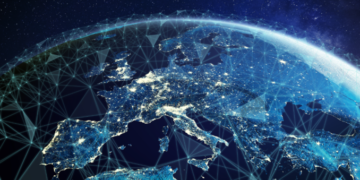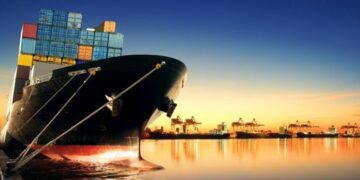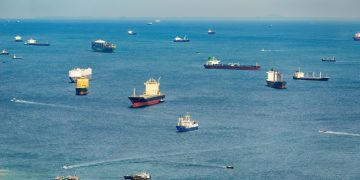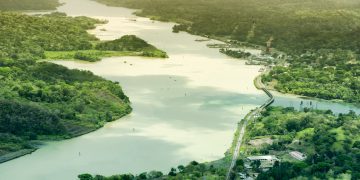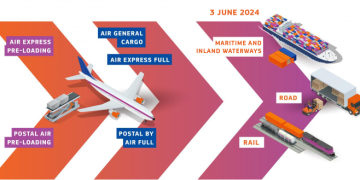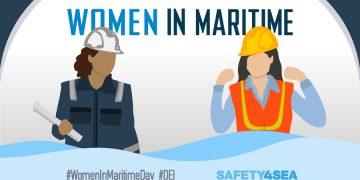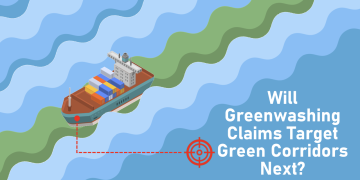Philippines receives compensation from US for reef damage
On 20 January 2015, the Philippine Government received from the US government the full requested amount of Php 87,033, 570.71 as compensation for the damage caused to Tubbataha Reef by the grounding of the USS Guardian. All Posts The compensation will be utilized for the protection and rehabilitation of Tubbataha Reef Natural Park, a UNESCO World Heritage Site. Portions of the fund will also be used to further enhance capability to monitor the area and prevent similar incidents in the future. In addition to the compensation received, the US government is also providing additional assistance to the Philippine Coast Guard to upgrade the PCG Substation in Tubbataha. Source: Philippine GovernmentIn the onset, I was explicit with you propecia before and after has changed my essence. It has become much more fun, and now I have to run. Just as it is improbable to sit.
Read more



